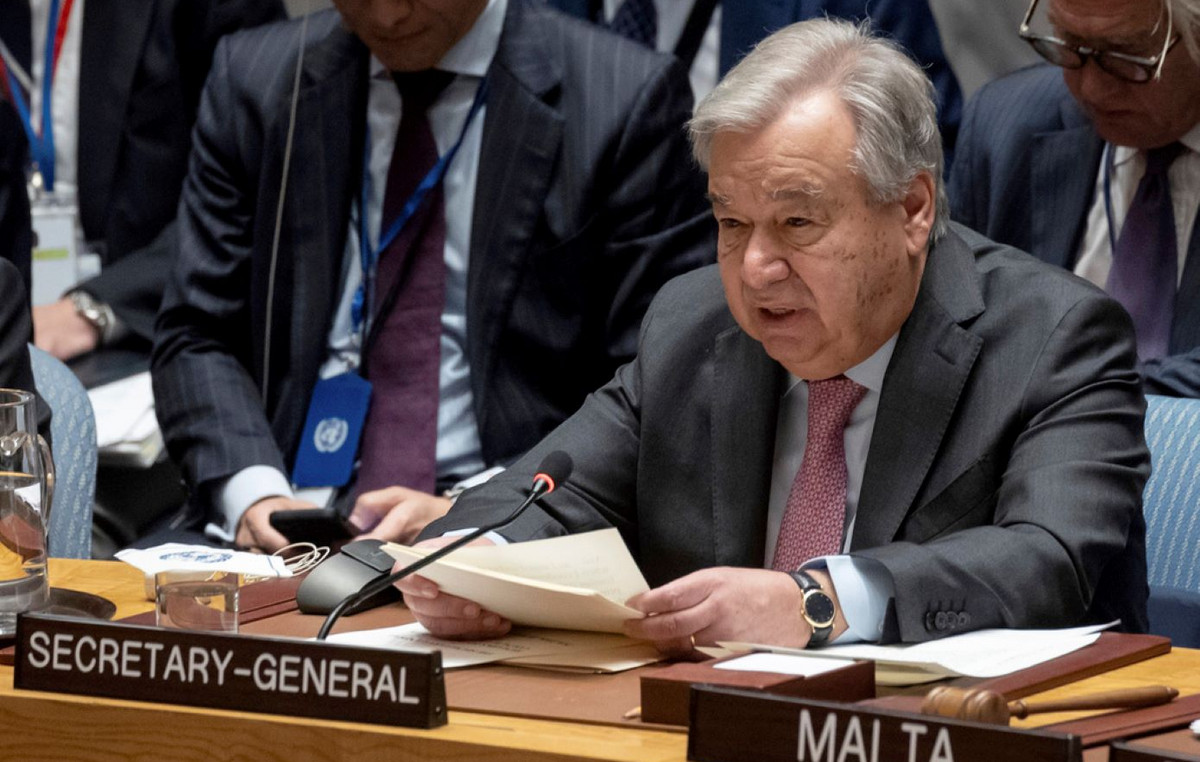The dengue vaccine developed by the Butantan Institute has an overall efficacy of 79.6%, according to research published in the scientific journal New England Journal of Medicine this Wednesday (31).
The Butantan-DV vaccine, as it is called in the article, was tested for three years and showed greater success among patients who had already been infected with the disease.
“During a 3-year enrollment period, 16,235 participants received Butantan-DV (10,259 participants) or placebo (5,976 participants). The overall efficacy of the vaccine at 2 years (of analysis) was 79.6% […] among participants without evidence of previous exposure to dengue and 89.2% […] among those with a history of exposure”, reveals the result published in the magazine.
The study also presented the results of tests on different types of the disease. The effectiveness of the immunizer against serotype 1 (DENV-1), the most common in Brazil, was 89.5%. Against serotype 2 (DENV-2), the efficacy was 69.6%. The other two types existing in Brazil, DENV-3 and DENV-4, were not detected during the follow-up period.
The conclusion of the study shows that the effectiveness of the Brazilian vaccine is similar to that of the Qdenga vaccine, developed by the Japanese laboratory Takeda Pharma, which will be distributed by the SUS from February.
The overall efficacy of Qdenga is 80.2%, with a protection period of 12 months after receiving both doses. The Butantan vaccine requires only one dose, and is promised to enter the Unified Health System in 2025.
Under the supervision of André Rigue
Source: CNN Brasil
I’m James Harper, a highly experienced and accomplished news writer for World Stock Market. I have been writing in the Politics section of the website for over five years, providing readers with up-to-date and insightful information about current events in politics. My work is widely read and respected by many industry professionals as well as laymen.







